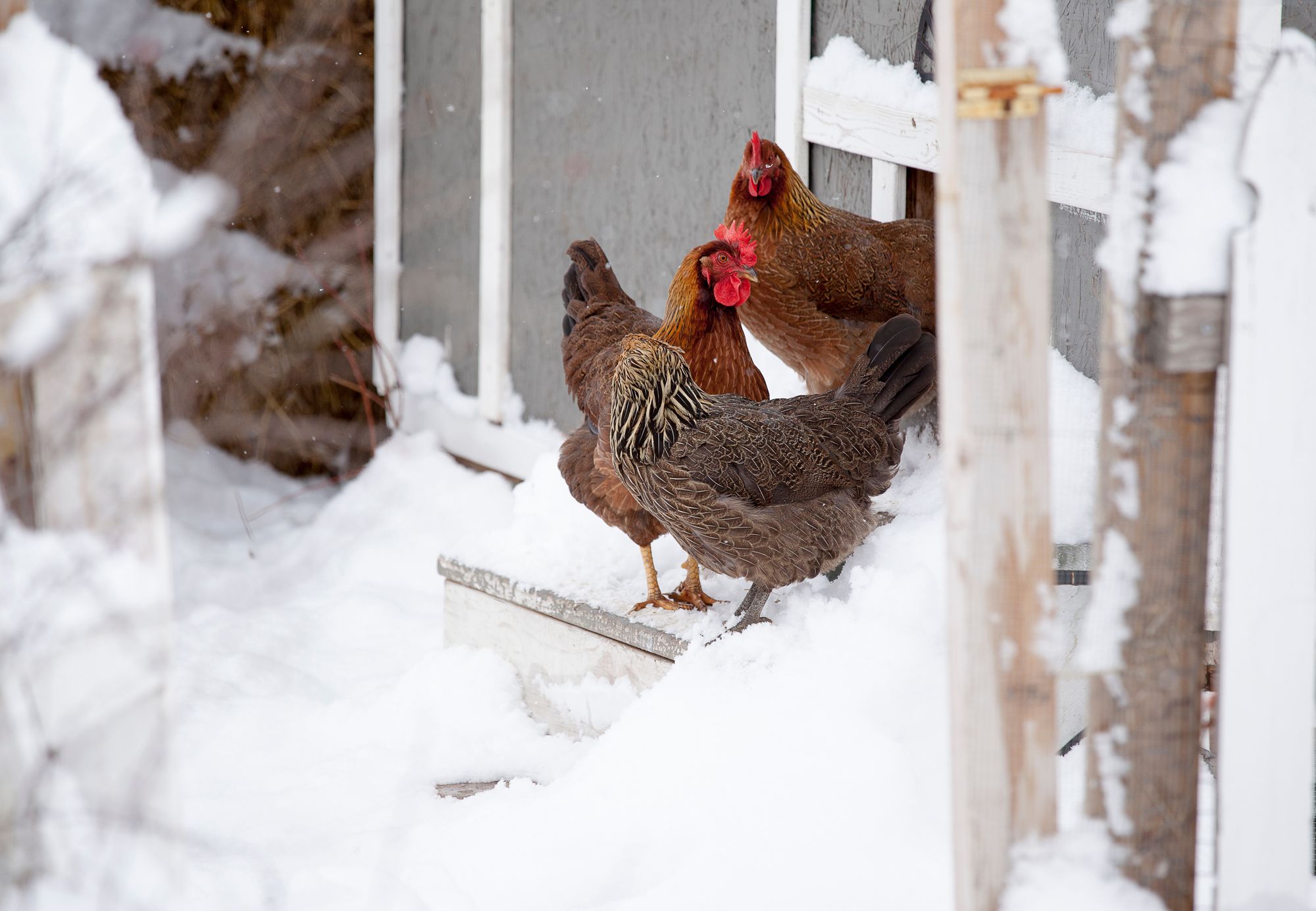So Long, Summer!
Prepare for winter feed changes


Getting your animals ready for cold weather can be a daunting task – everything from shoring up their shelter to keeping water sources from freezing and more. But one thing you might not be considering is switching feed.
Let’s talk about why you should adjust your feeding routine in winter and some things to look for when choosing the right feed.
Why change feed in the winter?
As the weather changes, so does an animal’s energy needs. It’s the same for us – we burn more calories trying to stay warm than we do trying to stay cool. And, we usually eat less in the summer because it makes us hot. Our animals are the same way. By eating more feed and increasing their calories, your animals can keep themselves warm. Remember, an animal that’s eating is a warm animal.
Choosing the right winter feed
The biggest factor in choosing a winter feed is making sure you’re providing the right amount of nutrients for each animal’s specific needs. Know how much feed to provide and if you need to look for a feed with different levels of ingredients compared to your summer feed. For example, game birds need 16-20% protein in the warmer months but only need about 14% protein during the colder weather.
Seems backward, right? In this example, the protein level is lower in cold weather because the animal is eating more total feed. On the other hand, ducks and turkeys don’t lay eggs in the winter months, so they don’t need to eat more.
Here are some things to think about when feeding your animals in cold weather:
Grazing animals like beef cattle or goats will need extra hay when grass isn’t available.
While most animals need more feed in winter compared to summer, watch out for overfeeding. Too much feed can be unhealthy for your animals.
If animals live in a climate-controlled coop or barn, they may not need extra feed in winter.
Keep water sources clean and make sure they don’t freeze.
All in all, do your research at purinamills.com/education and know what your animal may need to be prepared when the temperature drops.
Tags:Chicken Chatter

Acreage Life is part of the Catalyst Communications Network publication family.















